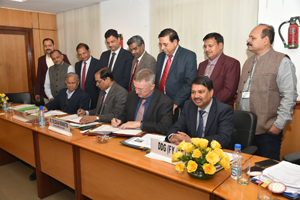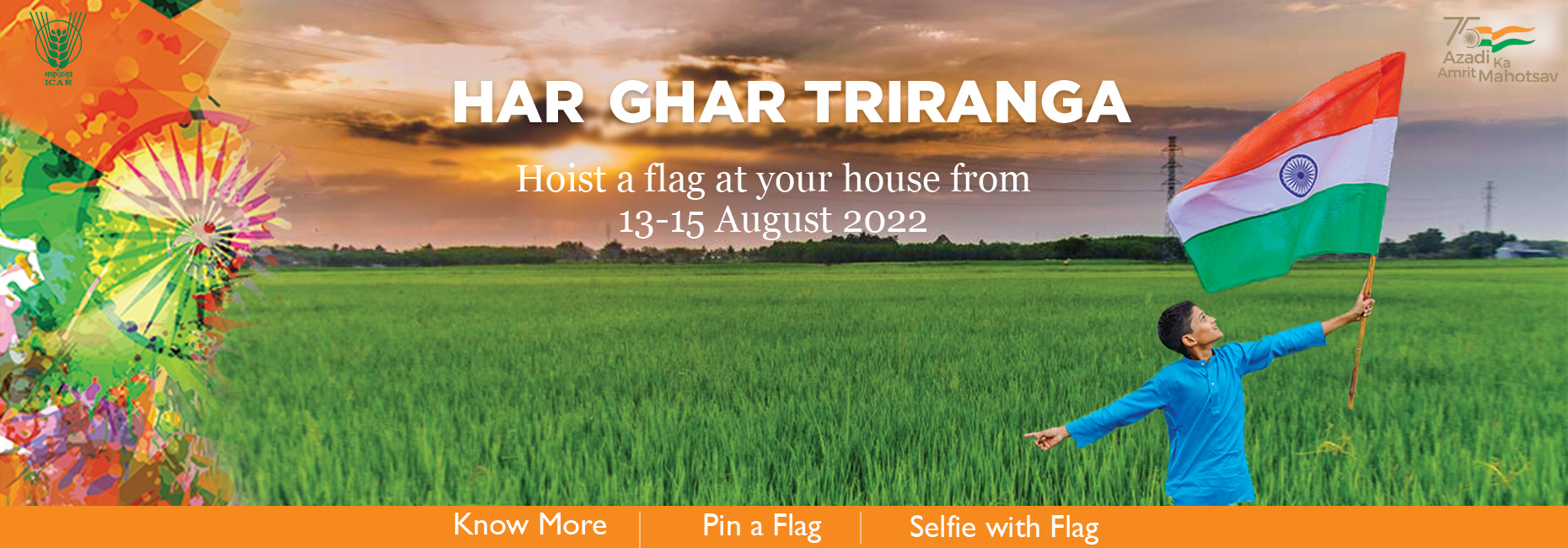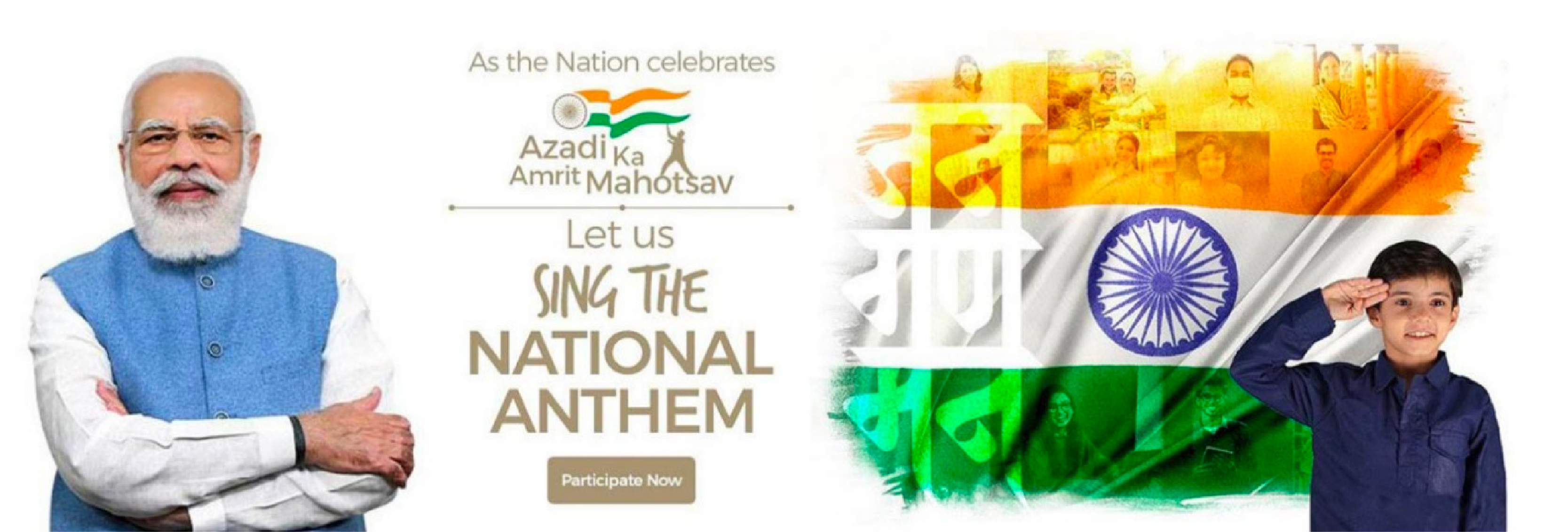24 -25 January 2019, NASC Complex, New Delhi
Dr. Trilochan Mohapatra, Secretary (DARE) & Director General (ICAR) chaired an Annual Review Meeting with representatives of the CGIAR (Consultative Group on International Agricultural Research) Centers located in New Delhi here today.
The objective of the meeting was to discuss India’s role in the CGIAR (Consultative Group on International Agricultural Research). India’s role in the CGIAR has been appreciated by the global communities, as it is a donor member country to CGIAR system through the Department of Agriculture Research & Education (DARE), Ministry of Agriculture, Govt. of India and the Indian Council of Agricultural Research (ICAR.) As the fund council member, India reserves the voting right in the CGIAR System Council. The DARE/ICAR works with International agencies such as IRRI, CIMMYT, ICARDA, ICARDA, ICRAF, IFPRI, ILRI, WFC, IWMI, ICRISAT and Biodiversity International through mutually agreed work plans on various issues of enhancing and sustaining agricultural productivity and also on strategic research areas including climate resilience in agriculture through optimization of natural resources.
In the meeting, all the CGIAR- Centers presented their work plans and the details of progress thereof. Special emphasis was given to the future work plans and working modules to further agri-R&D.
A ICAR-ICRISAT work plan (2019-23) was also signed by Dr. T. Mohapatra, Secretary, DARE, and Director General, ICAR and Dr. Peter S. Carberry, Director General, ICRISAT, during the review meeting,.
Officials from CIMMYT, Dr. Anand Kumar Singh (Deputy Director General, Horticultural Science), Dr. Joykrushna Jena (Deputy Director-General, Fisheries Science), Dr. A. K. Singh (Deputy Director General, Agricultural Extension), Dr. K. Alagusundaram (Deputy Director General, Agricultural Engineering), Directors of ICAR institutes and officials from DARE were also present on the occasion.
The deliberations during the meeting will further strengthen ties with CGIAR centers effectively meet the needs of agricultural stakeholders.
(Source: Department of Agricultural Research and Education)







 कृषि अनुसंधान एवं शिक्षा विभाग
Department of
कृषि अनुसंधान एवं शिक्षा विभाग
Department of












